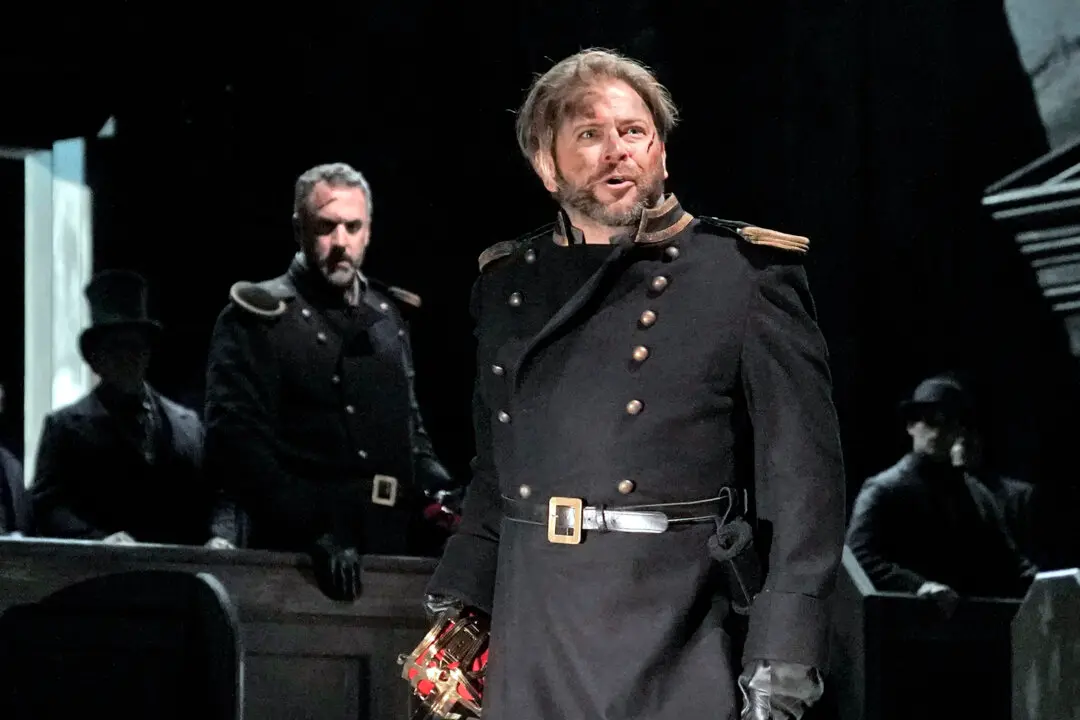Commentary
What is the measure of success? Is it accumulating wealth? Is it rising to prominence in a business? Is it having a lot of followers and friends on social media? Is it following your dreams? Is it gaining a position of power? Is it owning your own house? Is it starting your own business venture? Is it starting a family? Each person has his own measure of success, but that may not agree with someone else’s opinion.





